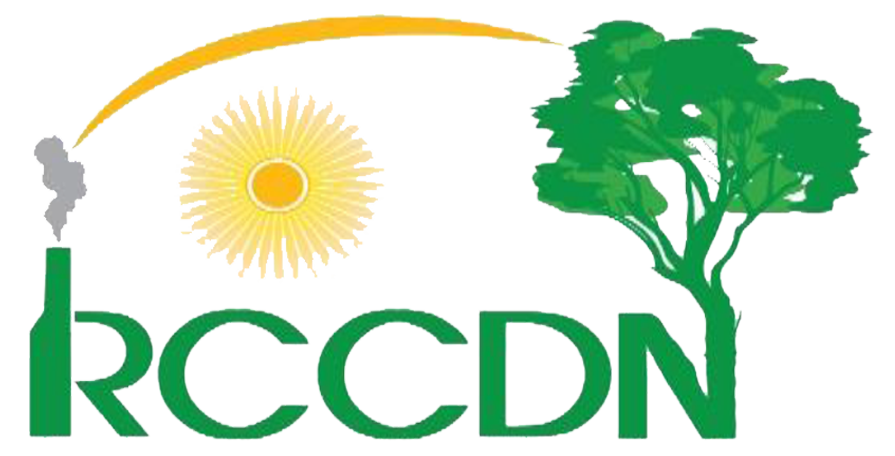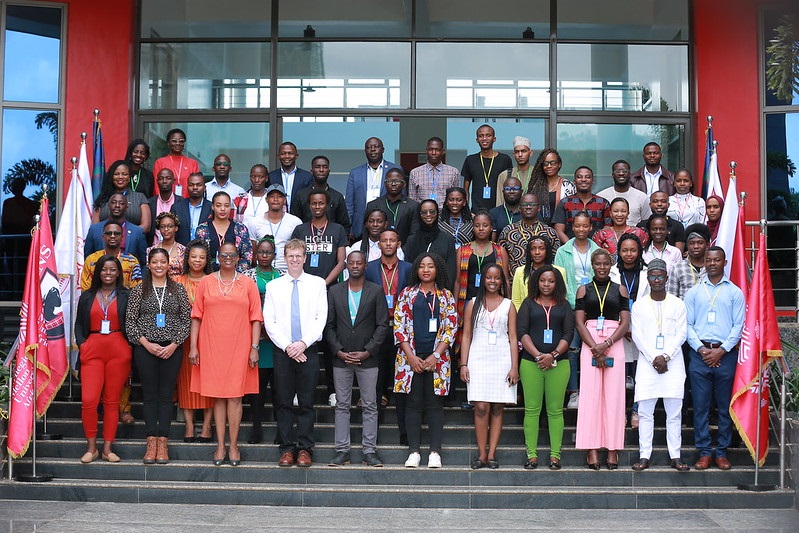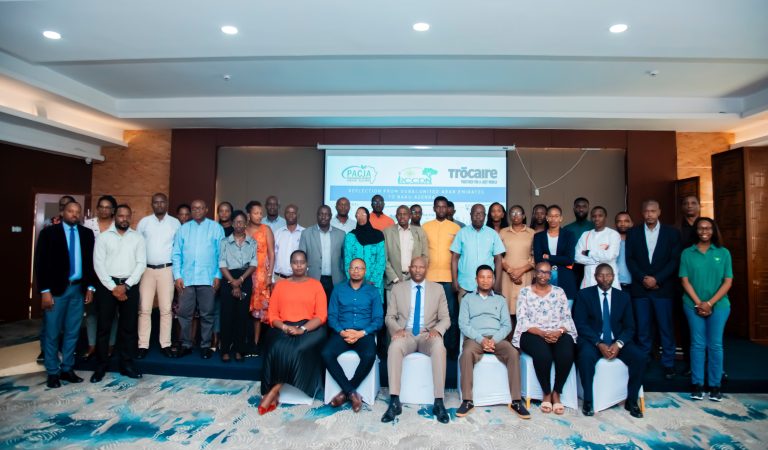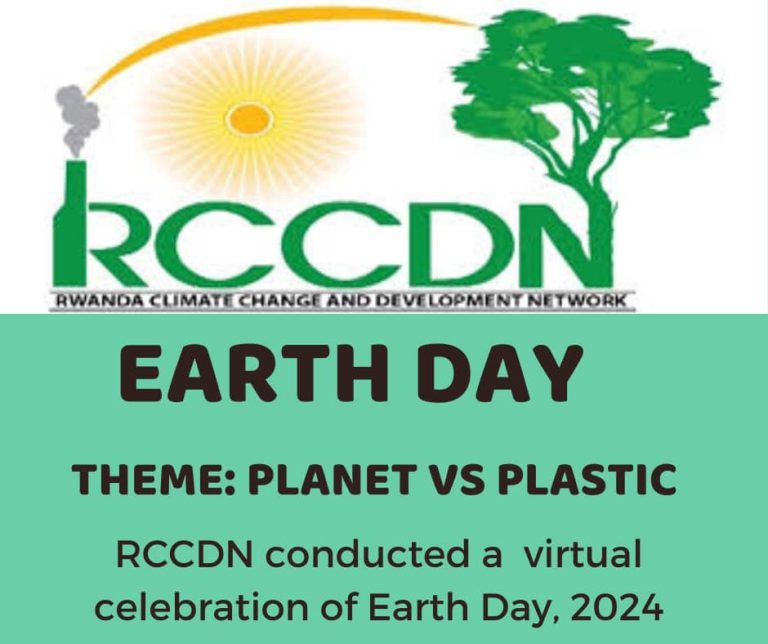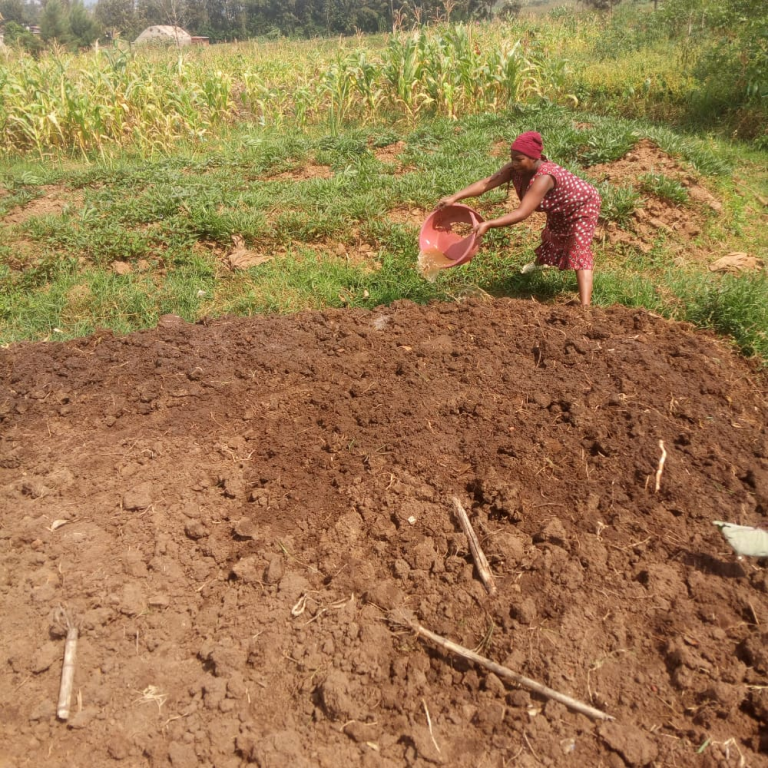Young environmental activists gathered in Kigali, Rwanda for the Youth Advocacy Clinic, which was part of the Sustainable Energy for all Forum (SEforALL). Starting from May 16 to 19, and so many discussions were conducted regarding the carbon emissions and the use of fossil fuels and their transitions to using clean energy.
On the first day of this clinic; May 16, 2022, Youth Environmental Activists met at Carnegie Mellon University to look at the Data-Driven Messaging for a Just and Inclusive Energy Transition. Dr Rebekah Shirley, the Director of Research at World Resources Institute Africa did a deep dive on the state of energy access in Africa.
“If we solve the clean energy challenges, we are solving so many things at the same time. Where we are standing now is at approximately 80 GW of power across the entire continent. In other countries like India; our 80 GW of power across the entire sub-Saharan African region is less than a quarter of India alone. Our access rates are very low and how Africa solves this equation and meets this great energy demand as we are growing bigger and bigger our population centres are increasing,” said Dr Rebekah Shirley.
It is crucial for the continent’s economy and energy future but it has global consequences as well to meet the energy demand and deliver the access gap. For industrial production, agriculture, heating, cooling, cooking, mobility and as such energy is needed as a major force in global oil and gas markets.
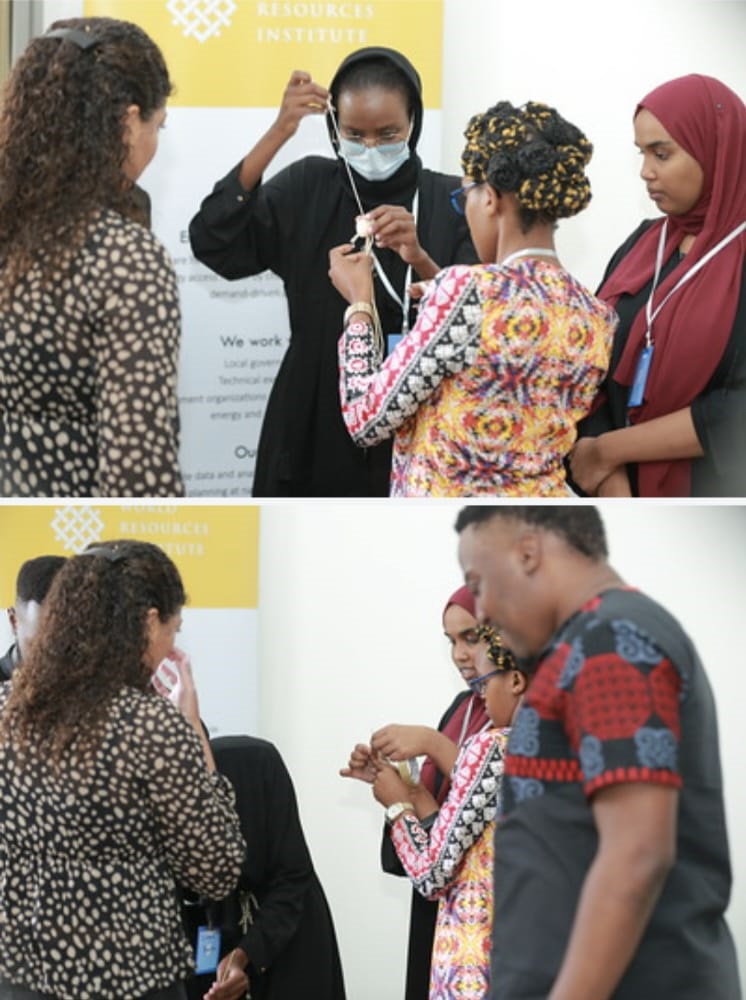
Some group activities were done conducted prior to the sessions
Over the past couple of years, Africa has been housing at least 7% of the world’s natural gas reserves. So, shifting to a cleaner energy future and avoiding that pathway has become a major national and global climate conversation. 17 African countries have more diesel generation capacity and clean energy can’t miss the mark on accessibility and affordability of power.
The largest sector; AGRICULTURE-could be affected and result in employment issues, food, security, and humanitarian challenges. Globally 2.8 million people still do not have access to clean cooking and so they use fuel sources like charcoal and kerosene that are producing health hazards.
The drive for charcoal is single-handedly one of the biggest drivers of forest loss. The Congo basin, which is the last net carbon sink forest anywhere in the world, is under attack, and minimizing deforestation here through addressing charcoal with a clean cooking agenda has major implications for biodiversity, nature-based solutions, and the health of our forests. We have to look at what our energy future is going to look like, and how we are going to supply and provide power that is affordable, and reliable for those that need it the most.
The clean energy challenge is to improve energy infrastructure for industrial, agricultural, commercial, and transportation use, not any one of these. Africans have to think about them together and innovate, stimulate and support the demand that takes off and ensure that infrastructure is accessible not just physically but financially, especially in dispossessed communities.
Leaders are involved in discussions to ensure the present and future of the youths focusing on the challenges and opportunities of cross-continental cooperation and youth leadership in the Africa-Europe partnership will be possible. The youth then will have to play a big role when it comes to raising awareness of the dangers of using fossil fuels and the importance of transitioning to clean energy and technology for the people with little or no knowledge about what is going on.
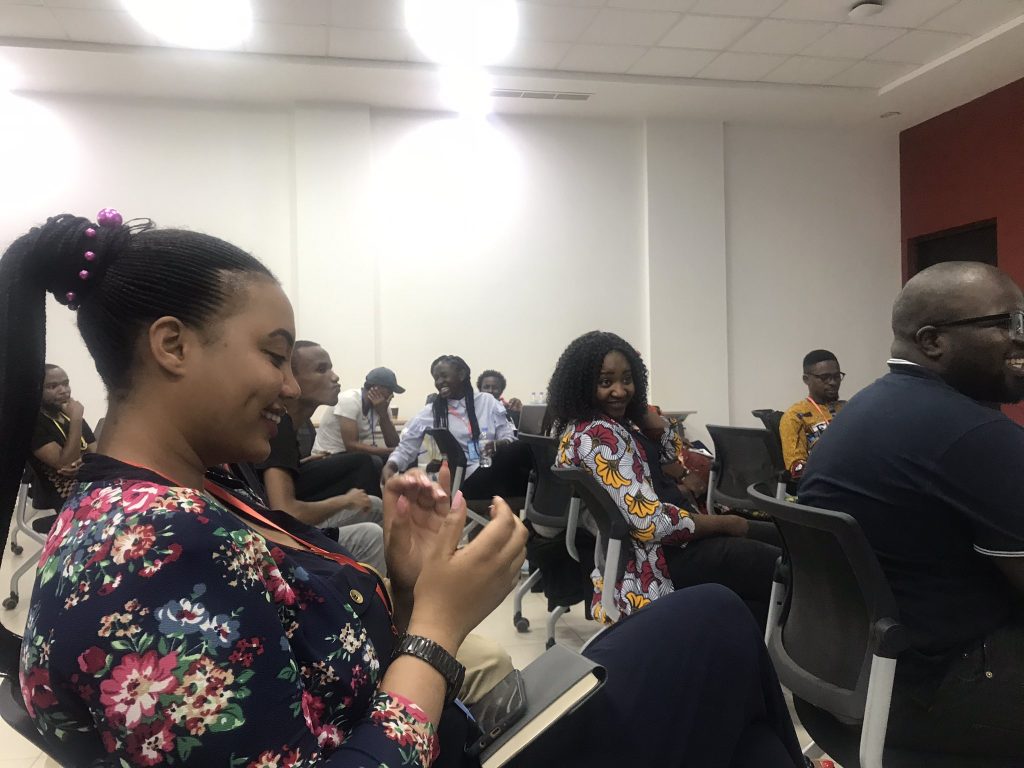
RCCDN attended the pre-forum session
There is more need for investments which has been made in capacity building. Learning is a continuous experience, youths deserve to know that if this transition is not made as soon as possible, the world is going to change to its worst state when it comes to climate. Therefore, they can teach their counterparts with the best approach to communicate these issues. As part of capacity building, children can also be used as voices for communicating the transition to their parents.
There are various opportunities like green jobs in the green economy which is powering 24 million jobs and it is evolving to explore the opportunities needed to network among peers and leaders in the sector. Being open to different pathways and willing to explore some opportunities in the corporate sector/development like Designer Engineers (civil, electrical, mechanical, and lighting), Energy Resource-monitoring specialists, and Project Developers.
Coming to the end of the first day, as Damilola Hamid Balogun, Co-founder and CEO of Youth Sustainable Development Network said, “Energy first not Energy access” says it all. As much as there is a need to transition to clean energy and development, what is needed first is to have sources and resources for energy to access it all.
Writer: Janet Uwase Mbabazi
